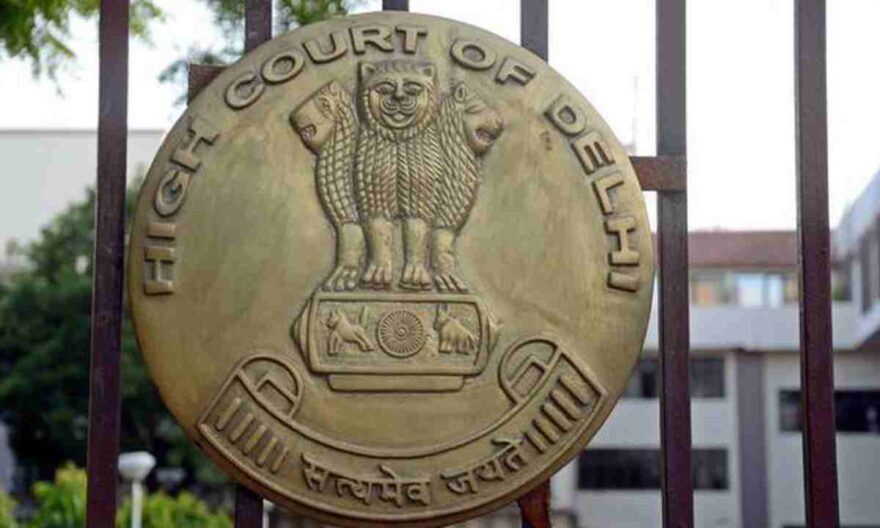
The Delhi High Court recently dismissed a plea filed by an Advocate seeking to lodge an FIR against MakeMyTrip India Ltd., its directors, and a private homestay in Nainital, Uttarakhand for allegedly cheating and other provisions of the IPC.
According to the complainant, he was charged an excessive amount of Rs. 7950 per day for his stay, while other guests paid Rs. 2000 to Rs. 3000 for a similar category.
The complainant further claimed that the room provided was in poor condition and resembled a storage room, despite being charged Rs 8000 per day.
He accused the hotel of not refunding the amount or providing the room as shown during the booking process. The complainant sought reimbursement of the room fare amounting to Rs. 23,850.
Previously, the Metropolitan Magistrate has dismissed the application under Section 156(3) of the Criminal Procedure Code (Cr.P.C) and the complaint under Section 200 of the Cr.P.C.
The Magistrate noted that the complainant failed to provide any supporting documents or evidence to corroborate his claims of misrepresentation by the accused company.
The Magistrate highlighted that neither the booking voucher nor any other document indicated the presence of a balcony, which the complainant presumed to be part of the room. The Magistrate concluded that there was no evidence of deceit or misrepresentation by the accused company.
In the Delhi High Court, the Additional Public Prosecutor, Amit Sahni, argued that the Metropolitan Magistrate had rightly dismissed the application under Section 156(3) of the Cr.P.C and that there was no basis for the High Court’s intervention.
Further, Sahni contended that the petitioner should have approached the Sessions Court instead of directly approaching the High Court.
The petitioner argued before the High Court that the Magistrate had wrongly dismissed his complaint and should have scheduled the matter for the complainant’s evidence if it found that the complaint didn’t disclose a cognizable offense.
After hearing the arguments, Justice Rajnish Bhatnagar expressed dissatisfaction with the petitioner’s arguments. The court questioned the petitioner about the duration of his stay, to which he responded 3 days.
The court remarked that the petitioner’s case would be stronger if he had not used the rooms after assessing their condition.
However, since the petitioner stayed for 3 days and then claimed it was cheating, the court found the allegations insufficient to establish a cognizable offense.
Following the arguments, the petitioner requested to withdraw the petition with the liberty to challenge it before the Sessions Court. The court allowed the petitioner to withdraw the petition for subsequent challenge before the Sessions Court.





